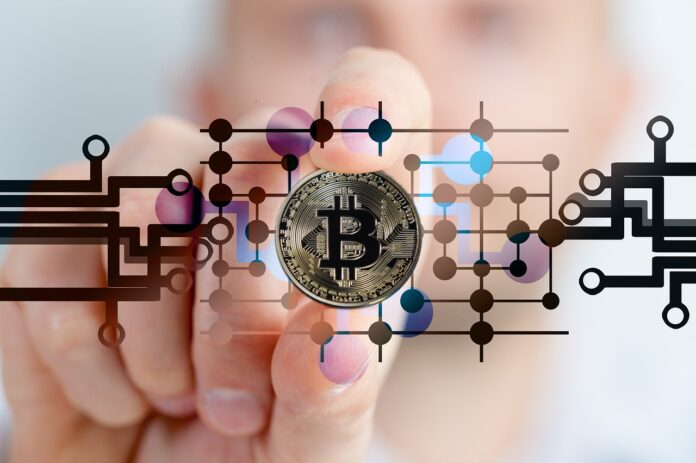It’s now thirteen years since Bitcoin’s creation. This virtual money is one of the most recognizable cryptocurrencies currently available. Moreover, this digital money uses cryptography for security. Bitcoin operates on a peer-to-peer system through blockchain technology that allows people to transact without the interference of a third party. As the world moves towards more digital lives and technology increasingly becomes a part of our daily routine, we must ask ourselves about these advances’ role in our lives. If you are interested in Digital yuan, now is the time to join the yuan-pay-group to trade in digital yuan.
The first Bitcoin transaction occurred in 2010 when developer Laszlo Hanyecz paid 10,000 Bitcoins for two pizzas, which today would be worth $100 million. Since the first transaction, this digital money has decreased and increased in value and survived crypto exchange hackings, such as Mt Gox, the largest Bitcoin exchange. This electronic currency has also been lauded as the future of finance and condemned as the next greatest scam. However, interest in this digital money lies in its potential within the international development sector.
People from underdeveloped countries suffer as they cannot access banks. Many of these people are not well educated and find going to the bank tedious. For instance, if someone purchases a product online and pays for it, the seller from an underdeveloped country will be required to send someone with some banking knowledge to help them access their funds. Bank transactions are expensive due to the number of intermediaries involved and the fee paid to each third party.
How Can Bitcoin Benefit the Economy
There is no intermediary required for a Bitcoin transaction. The lack of intermediaries increases the speed of commerce, and transaction costs are lower. Lower transaction costs imply efficiency in exchange and large trade volumes. Bitcoin doesn’t require an extensive physical structure for people or entities to transact. Also, costs are lower due to the non-requirement of wages, rent expenses, or utility bills. There are even traders with no minimum deposit requirements criterion.
Further, these digital money transactions do not have geographical barriers. You can transact using Bitcoin from any point of the world as long as you have access to some strong internet and a smartphone. There is no centralized agency to monitor Bitcoin transactions. This virtual asset’s lack of a regulatory body facilitates easy and quick trade for corporations.
A peer-to-peer network backs the blockchain system of this virtual asset. Thus, the transactions are decentralized, unlike the traditional financial system. Bitcoin users believe they should control their money entirely instead of a banker. Also, multinational entities usually take loans in domestic and foreign currencies. Adding the option of this virtual asset can diversify the exposure. Therefore, this digital money can provide access to a diversified portfolio.
Bitcoin Enables Global Financial Inclusion
Especially in developing countries, this digital currency helps buy resources and provide financial services due to its quick access facility. Therefore, Bitcoin accelerates the economic and social development of the global economy. This electronic money system is decentralized; hence no government entity or corporation can exploit the currency. Decentralization of this digital currency helps reduce the probability of fraud. Bitcoin helps developing economies as it can increase their economic and social status.
The Bottom Line
Bitcoin is the future of the banking world and has a tremendous capacity to transform a business that does not have access to banks. Therefore, upgrade yourself by buying Bitcoin, studying it, investing, and trading this digital currency.







